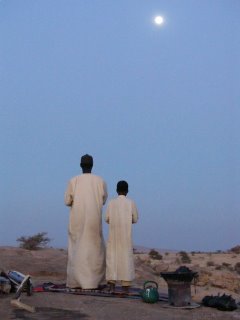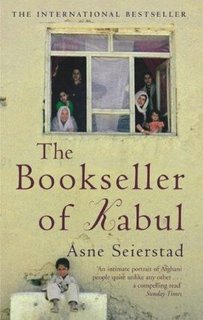So I read this poem on one of his postings last month and it was so touching. I will keep the authors name Anonymous, to respect his identity. But his poem carries the echoes of his soul, and those of millions of other Sudanese refugees, trying to make sense of the turmoil and devastation left around them.
Darfur is a Casualty
Worry nights about poor babies
whose life on the ground resources
Still waiting for the cloud raining
cleans starvation conflict boiling
The youth instead of standing by
They left Darfur to North Sky
Music of Darfur drums noising
not only for singing and dancing
neither for harvest nor collecting
only for chairs politicians are fighting
also for diet many people are suffering
The youth instead of standing by
They left Darfur for North Sky
Darfur is a great mother of men
she paid for now and then
but nature of life is often
loses hand of generous thieving smile
wonderful world beautiful people exile!
and the robust case which is alive
When do we build responsible life?
The youth instead of standing by
They left Darfur to North Sky
To end off on a more positive note, I have attached a picture that Werner took.
I don’t really have the appropriate words, but when I look at it I don’t just see a man and a boy standing looking out to the horizon. But I see what they must see; the sun rising and bringing with it a new dawn of hope. Surrounded by nothing, the still stand, side to side, in prayer and giving thanks to the sun. Giving thanks and praise to the life that still lives on in Darfur.
Peace, Love and Hope
Orangeblossom xxx

